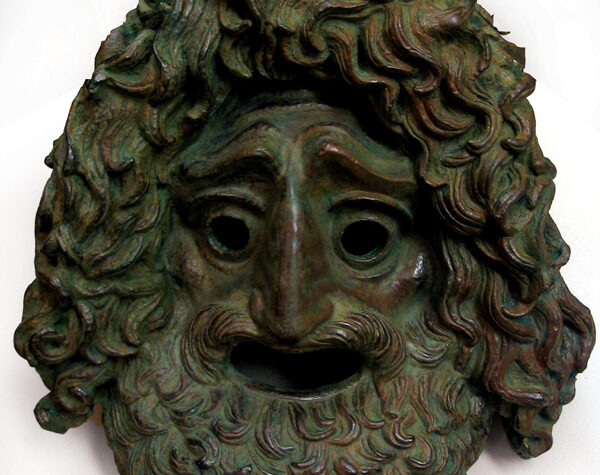Definition of Hubris: Hubris, often spelled “hybris,” is a concept referring to excessive pride, self-confidence, or arrogance, typically resulting in a comeuppance or downfall. In classical Greek literature and philosophy, hubris is often depicted as a dangerous overestimation of one’s own competence or capabilities, especially when a person holds a position of power, leading to their ruin or the loss of their societal status.
Etymology and Origin: The term “hubris” comes from the ancient Greek word “ὕβρις” (hybris). In Greek tragedy and mythology, hybris referred to actions that shamed and humiliated the victim for the pleasure or gratification of the abuser. This often involved a violation of moral or social boundaries and was seen as an offense against both humans and the gods, frequently met with divine retribution.
- Greek Roots: In its original Greek context, hybris was not just excessive pride but also encompassed acts of outrageous arrogance, presumption, and conceit that defied proper limits or norms.
- Adoption in English: The term entered English in the 19th century, maintaining its connotation of excessive pride and arrogance, but with a slightly broadened application. In modern usage, it often refers to overconfidence that leads to one’s downfall, aligning with the classic narrative of Greek tragedies.
Thus, “hubris” retains its core meaning from ancient Greek culture as an extreme form of arrogance and pride that often leads to negative consequences, particularly in the context of power and overestimation of one’s abilities.



1 comment